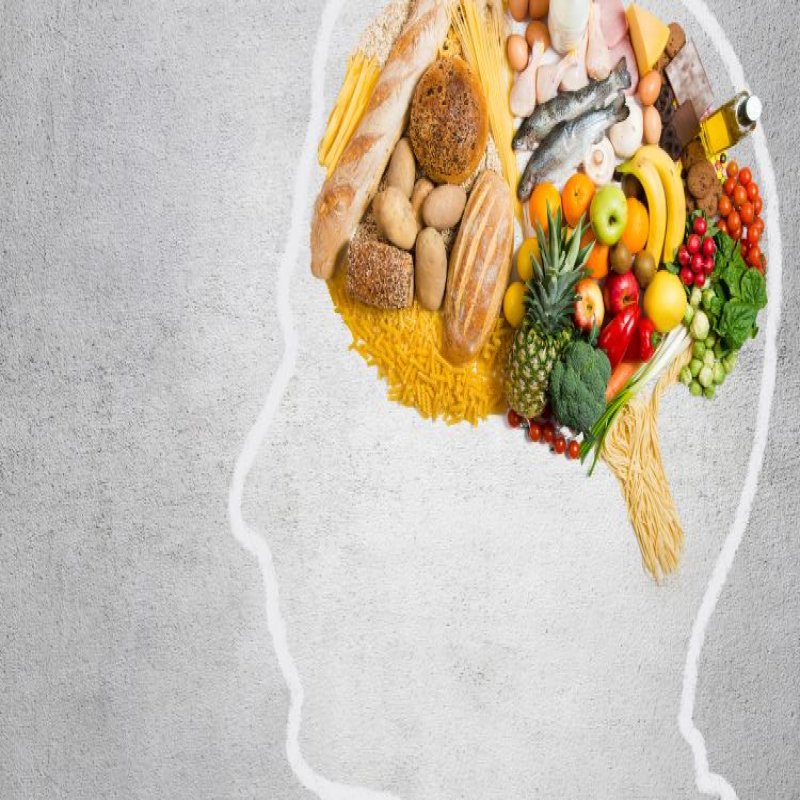
Our brain is the most important organ in our body. Our memories, our emotions, our moods, and even our identities directly result from this 1500g of water, fat, and protein. But did you know how proteins in our diet affect our thoughts, emotions, and even our intellect?
Read on to find out!
Neurotransmitters: The Brain’s Instant Messaging Service
The internet is just a vast collection of interconnected servers. These servers “talk” by sending each other electrical signals. This is how you get to read your favorite blog posts on YellowSquash. Our brain works in a very similar fashion, with neurons “talking” to each other using chemical signals called neurotransmitters.

So, neurotransmitters are brain chemicals that communicate information throughout our brain and body by relaying signals between nerve cells. Additionally, neurotransmitters are of critical importance because they play a major role in our thoughts, emotions, and even sleep! The slightest neurotransmitter imbalances can have the most devastating effects on our minds and bodies.
Proteins are made up of amino acids. Now, amino acids are needed for the brain to build neurons, neurotransmitters, and connective tissue. Twenty-one amino acids make up all the proteins in our body and are also responsible for a lot of critical biological functions essential for our wellbeing. Out of this, nine amino acids have to be present in ample quantities in our diets, as our bodies cannot manufacture them.
So, let’s talk about some important neurotransmitters and how your diet might influence their levels in your brain.
GABA (Gamma Amino Butyric Acid)
GABA helps the neurons recover after sending a signal and prevents the nervous system from overworking itself to the point of burning out. It’s no coincidence that stressed, irritable, excited, and insomniac individuals sometimes show low levels of GABA. The neurotransmitter glutamate produces GABA in the brain.

To increase levels of GABA in the diet, it is important to eat glutamate-rich food sources. Foods high in glutamate include bananas, halibut, almonds, oranges, lentils, oats, rice bran, potatoes, walnuts, and spinach, to name some.
Serotonin
Apart from GABA, serotonin is the other major inhibitory neurotransmitter present in the brain. Serotonin is nature’s mood regulator. It also plays an important role in sleep-wakefulness cycles, blood clotting, bone health, and even bowel movements. Moreover, it’s a well-known fact that people with clinical depression have reduced levels of serotonin. Low levels of serotonin have been linked with obsessive thoughts, compulsive behaviors, carbohydrate cravings, and PMS. It has also been linked with an exaggerated response to pain.

The essential amino acid tryptophan synthesizes serotonin. This amino acid must enter your body through your diet and is commonly present in foods such as nuts, cheese, eggs, pineapples, and red meat. However, if you mix high-tryptophan foods with carbohydrates, you might get a serotonin boost.
Dopamine
It is the body’s "feel-good" chemical, and low levels can have devastating psychological effects. Dopamine deficiency has been linked to several diseases and disorders. They include Parkinson’s disease, memory and attention issues, addiction, and an overall state of lethargy and demotivation.

The amino acid tyrosine synthesizes dopamine. So foods rich in tyrosine, such as cheese, soybeans, beef, lamb, pork, fish, chicken, nuts, seeds, eggs, dairy, beans, and whole grains, should definitely be a part of your diet.
Glutamate
Glutamate is a major inhibitory neurotransmitter present in the brain and many researchers consider it to be the most important neurotransmitter for brain function. It helps improve cognitive function, memory, learning, and other brain functions. Glutamate plays an important role in brain development and memory formation.

It also happens to be a precursor for GABA. It is one of the most abundant amino acids present in the human body. Glutamate deficiency is highly unusual since our body produces it in a variety of ways and is thus classified as a non-essential amino acid. Foods that are high in glutamate include bananas, halibut (a variety of fish), almonds, oranges, lentils, oats, rice bran, potatoes, walnuts, and spinach, to name some.
One thing that you should note is that, although deficiencies were highlighted in this article, consuming too much of any of the above-mentioned amino acids isn’t recommended either.


.png)


